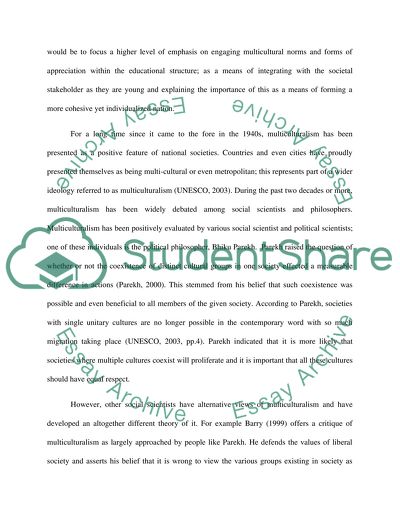Cite this document
(“Issues in Multicultural Britain Essay Example | Topics and Well Written Essays - 3500 words”, n.d.)
Issues in Multicultural Britain Essay Example | Topics and Well Written Essays - 3500 words. Retrieved from https://studentshare.org/education/1633020-issues-in-multicultural-britain
Issues in Multicultural Britain Essay Example | Topics and Well Written Essays - 3500 words. Retrieved from https://studentshare.org/education/1633020-issues-in-multicultural-britain
(Issues in Multicultural Britain Essay Example | Topics and Well Written Essays - 3500 Words)
Issues in Multicultural Britain Essay Example | Topics and Well Written Essays - 3500 Words. https://studentshare.org/education/1633020-issues-in-multicultural-britain.
Issues in Multicultural Britain Essay Example | Topics and Well Written Essays - 3500 Words. https://studentshare.org/education/1633020-issues-in-multicultural-britain.
“Issues in Multicultural Britain Essay Example | Topics and Well Written Essays - 3500 Words”, n.d. https://studentshare.org/education/1633020-issues-in-multicultural-britain.


